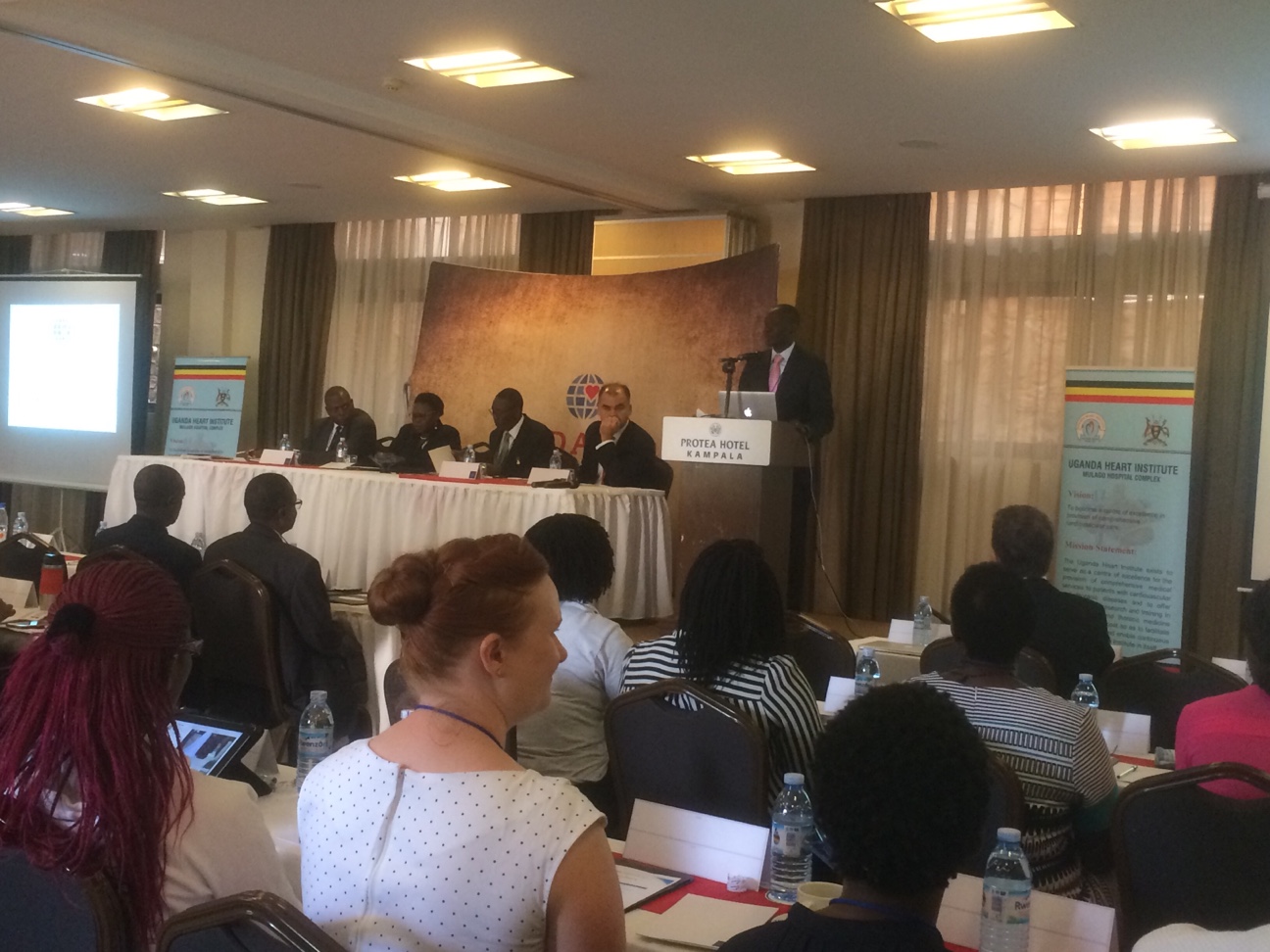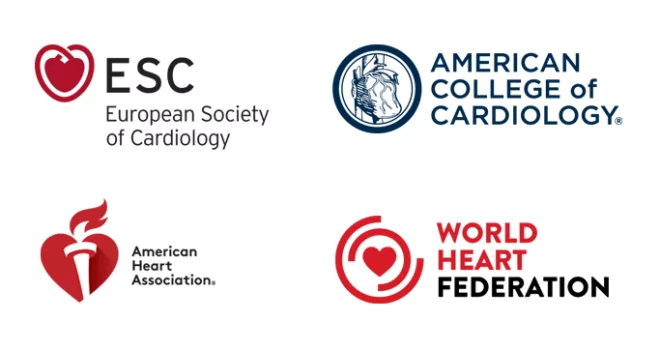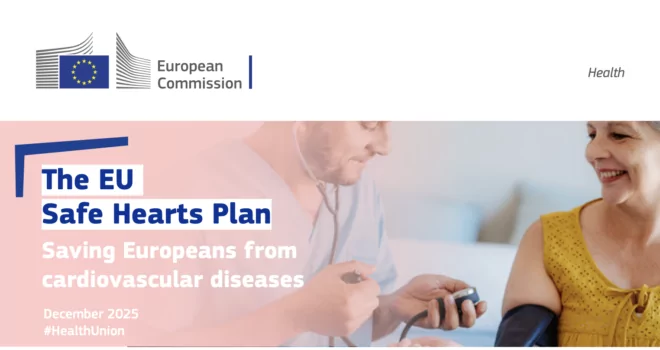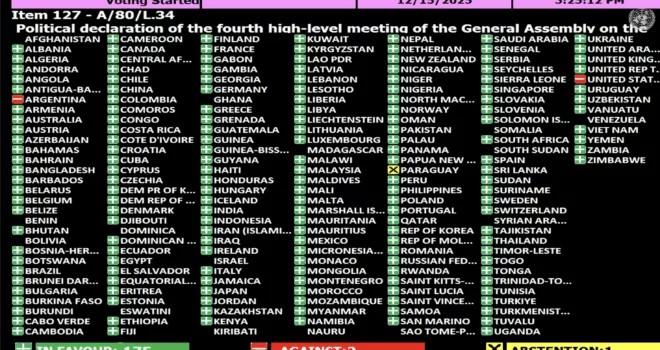
On 2-3 November 2017 RHD Action – of which World Heart Federation is a founding member – co-organized the Uganda RHD Stakeholders’ Meeting at the Protea Hotel in Kampala, Uganda. This event is hosted alongside the Ministry of Health of Uganda, Uganda Heart Institute (UHI), Children’s National Health System, and Case Western Reserve University.
In addition to highlighting progress achieved in delivering rheumatic heart disease (RHD) services in recent years, this event involves discussions on how to engage new partners in rheumatic heart disease and on Uganda’s role in advocating for RHD as a public health priority both regionally and globally.
Among the speakers at the event are Dr. Joyce Moriku, Honourable Minister of Health at the Ministry of Health of Uganda, Dr. Charles Olaro, Director of Clinical Services at the Ministry of Health, Dr. John Omagino, Director of the Uganda Heart Institute, and Dr. Marco Costa, President of the UH Harrington Heart & Vascular Institute in Cleveland, USA.
RHD is a disease that primarily affects women, children and young people, and it remains a major health issue in low- and middle-income countries across the African continent. Its prevention requires robust health systems, reliable access to medicines and strong maternal, newborn and child health services, while its risk factors include poverty, rapid urbanisation and household overcrowding. Although effective methods to diagnose and manage RHD exist, vital health services are often inaccessible to people in greatest need.
“This meeting offers a great opportunity to scale up RHD services in Uganda so that the programme reaches as many people as possible” says Jeremiah Mwangi, Director of Policy & Advocacy at the World Heart Federation. “There is a growing need to prevent and manage cardiovascular and other chronic diseases in Uganda. This increases pressure on scare resources, however, this innovative programme shows how countries can increase the services they provide in a sustainable way.”
“Our programme has achieved a lot since its launch in 2012”, says Dr. Emmy Okello (UHI). “In partnership with University Hospitals, Case Western Reserve University and Makerere University, we have integrated RHD services into an existing network of HIV/AIDS clinics and primary health care centres. Our progress so far includes establishing four Regional Centres of Excellence, training local health workers to deliver RHD services, and the development of a national RHD Registry, which is currently keeping track of over 1600 patients”.
The event also includes a strong focus on the perspectives of people living with RHD and an additional patient-focused workshop – ‘Listen to my heart’ – was held on Wednesday 1 November. This interactive and educational event featured a number of discussions and information stations to give patients the opportunity to learn more about RHD and the services health care workers provide.


